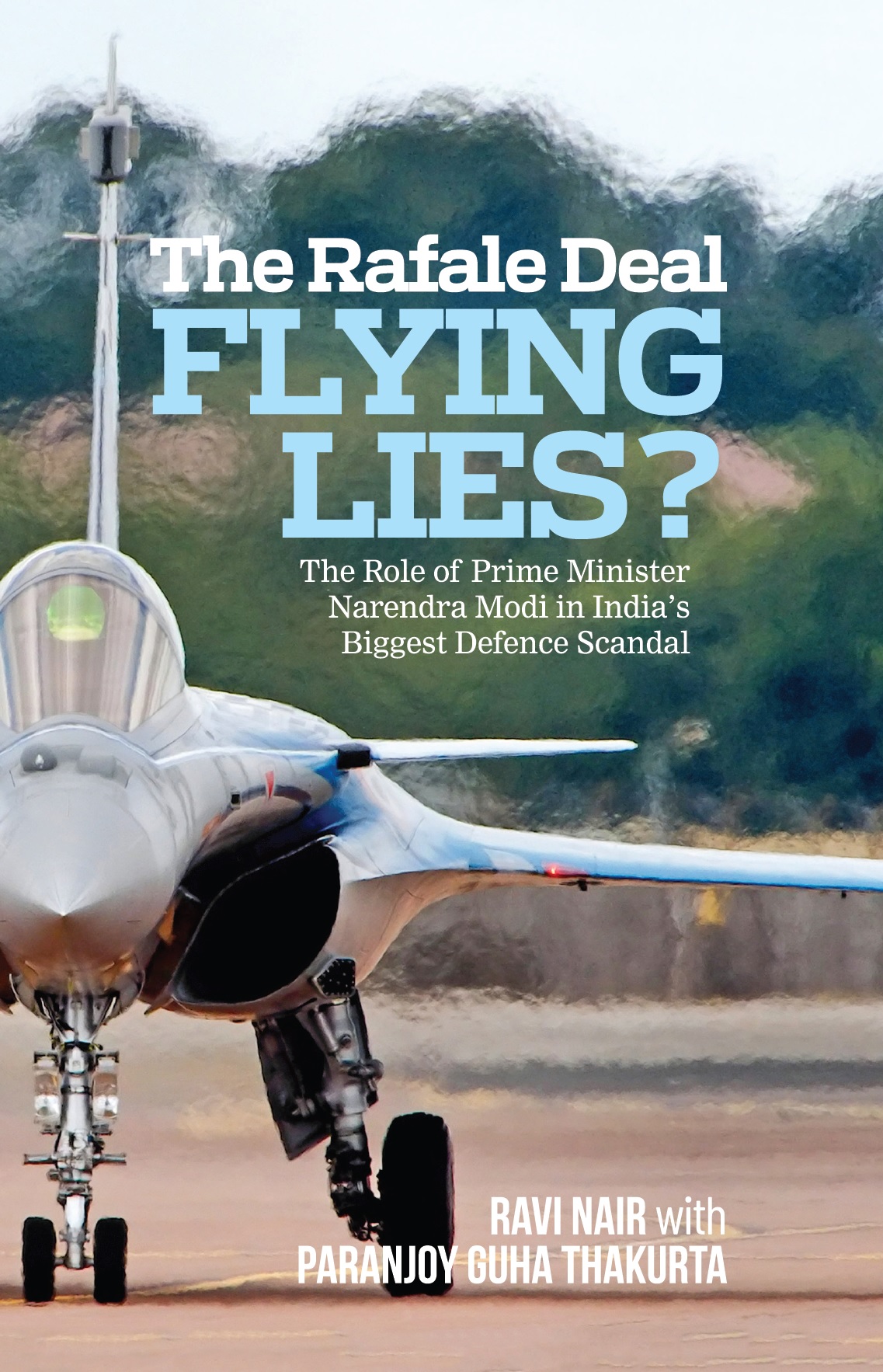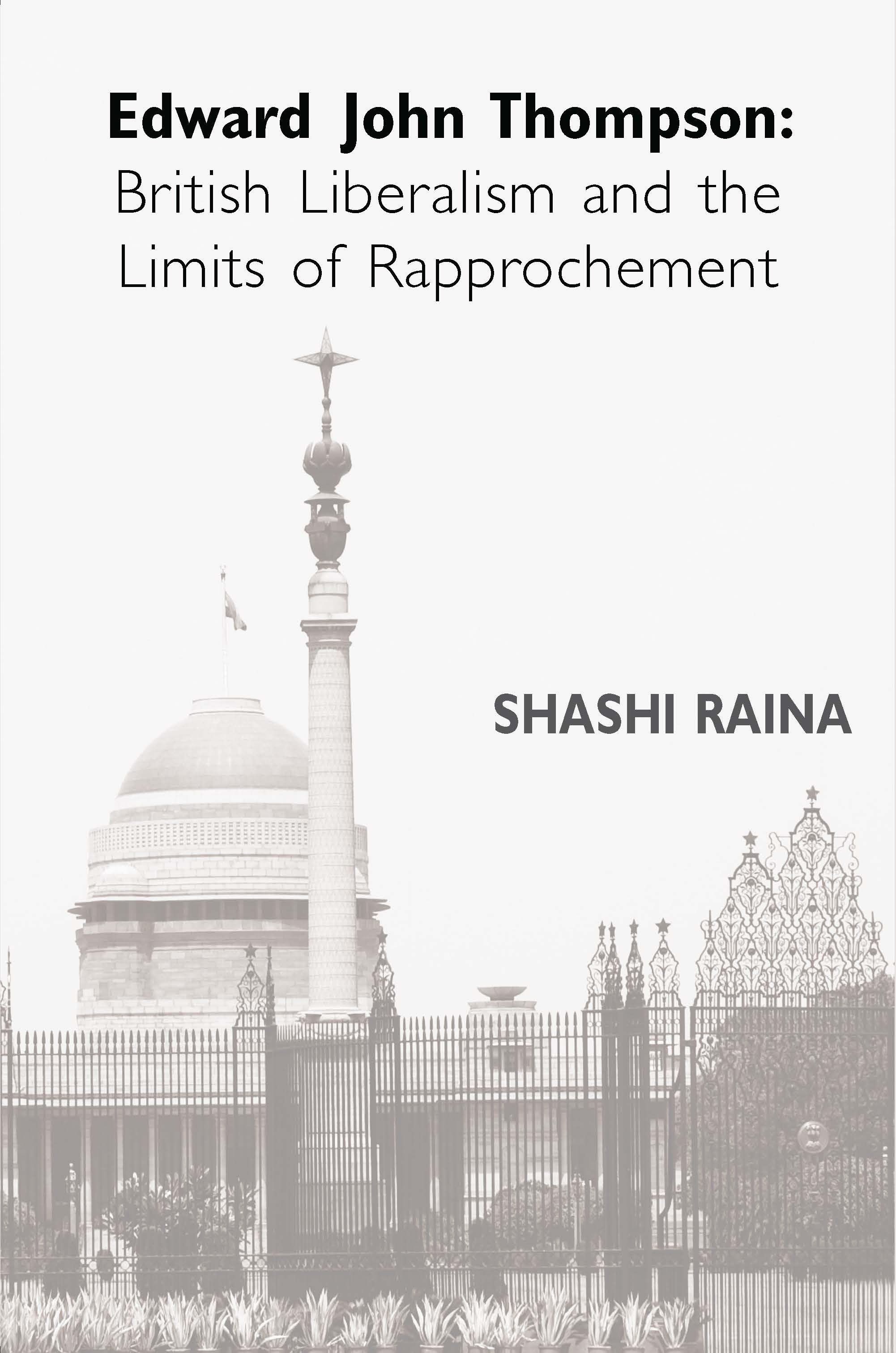The controversy over the privatisation and the attempted resale of Centaur Hotel, located near Mumbai's airport at Santa Cruz, has highlighted the flawed manner in which public sector undertakings are valued before being put up for sale.
What is worse, the Centaur Hotel episode indicates how a laudable attempt at getting the government out of the hospitality business - where it has no business to be in - can degenerate into the worst form of crony capitalism.
The episode has already sparked off a war of words between Shiv Sena supremo Bal Thackeray and Union Minister of Divestment Arun Shourie. But this is just the beginning of the battle.
The manner in which Batra Hospitality Private Limited has sought to sell the hotel and its properties to the Sahara Group after acquiring these from the public sector Hotel Corporation of India, a wholly owned subsidiary of Air-India, is certain to have wide-ranging political ramifications in the days ahead.
The attempted resale of Centaur Hotel is rather contentious not only on account of the fact that the hotel and the properties attached to it were first purchased by Batra Hospitality for a sum of Rs 83 crore (Rs 830 million) and is now being sought to be sold four months later for Rs 115 crore (Rs 1.15 billion) - a handsome hike of 35 per cent (Rs 32 crore or Rs 320 million) on the original sale price.
The resale has become even more controversial because of another important reason.
Batra Hospitality has been promoted by Amrit Lal Batra, an industrialist who is rather close to the Rashtriya Swayamsevak Sangh, the so-called social organisation that is the ideological parent of the Bharatiya Janata Party which heads the coalition in power in New Delhi.
As a matter of fact, on October 2, Batra had shared the dais with RSS chief K S Sudarshan at a high-profile public function in the country's capital attended by a large number of Cabinet ministers, top bureaucrats and foreign diplomats.
A recent issue of Organiser, the official publication of the RSS, has quoted Batra describing the RSS in glowing terms.
Batra has a stake in A B Hotels that owns and operates Radisson Hotel near New Delhi's Indira Gandhi International Airport.
The Centaur Hotel near Mumbai airport has been built on 30,000 square metres of prime land owned by the Airports Authority of India. The hotel has nearly 300 rooms, five restaurants and three banquet halls.
Batra Hospitality picked up the hotel together with six flats owned by the hotel in Andheri East, in suburban Mumbai, and the dealership of a petrol pump located across the road from the hotel.
Even before the resale of the properties to the Sahara India Group was formally announced on October 10, the petrol pump had become the source of an unseemly tussle between the new owners of Centaur Hotel and Indian Oil Corporation, the largest public sector oil company in the country.
Batra Hospitality had filed a first information report with the police alleging that the IOC was illegally trying to take possession of the petrol pump.
This tussle was construed to be a fight between two union ministries: the ministry of divestment headed by Shourie and the ministry of petroleum and natural gas led by Ram Naik.
The skirmish - that literally turned physical when employees of Batra Hospitality and IOC both tried to take possession of the petrol pump - took place at a time when the petroleum ministry was opposing the divestment ministry's decision to privatise two public sector oil companies, Hindustan Petroleum Corporation Ltd and Bharat Petroleum Corporation Ltd.
The divestment ministry claimed the dealership for the petrol pump automatically got transferred to Batra Hospitality, the new owners of Centaur Hotel, after privatisation.
That this would happen was said to have been stated in the 'information memorandum' circulated to prospective bidders by Shourie's ministry before the hotel was sold.
The memorandum, in turn, was presumably approved by the Cabinet Committee on Divestment.
However, Naik's ministry that administratively controls IOC had a completely different interpretation of the terms and conditions of the sale agreement.
The IOC pointed out that the AAI is the legal owner of the land on which the petrol pump is located.
The AAI in turn had leased out the land to the HCI to operate the petrol pump as a 'company-owned, dealer-operated' outlet.
In other words, the IOC claimed that it was the rightful owner of the petrol pump while HCI's legal status was that of a dealer or a tenant.
What the petroleum company argued was that if a tenant changes, it does not automatically mean the ownership of the land would also get transferred.
The IOC contended that the divestment ministry had not obtained a 'no objection certificate' from the company before transferring the dealership of the petrol pump to the new owner of Centaur Hotel.
Even as this dispute remained unresolved, Batra Hospitality decided to sell the hotel and its properties to the Sahara India group.
A new twist in the controversy came when the AAI entered the picture and claimed that the resale agreement may be illegal.
AAI sources were quoted by the Economic Times as saying that Batra Hospitality had not sought its permission before striking a deal with the Sahara India Group.
It was pointed out that the AAI had originally leased the land on which the Centaur Hotel stands to the HCI for a 30-year period.
A fresh 30-year lease agreement had been signed between the AAI and Batra Hospitality, reportedly on concessional terms at the 'insistence' of the divestment ministry.
If Batra Hospitality sells the hotel properties for a hefty profit, the AAI would reserve the right to increase lease rentals, the AAI sources pointed out.
Before the resale to the Sahara Group was announced, Ashok Kapur, vice-chairman and co-promoter of Batra Hospitality, had outlined his plans for refurbishing Centaur Hotel by investing a sum of Rs 25 crore (Rs 250 million.
Kapur had claimed that his company had signed a memorandum of understanding with the US-based Carlson Hospitality Group that owns brand names such as Radisson, Regent and Country Inn.
He claimed that Centaur Hotel would be renamed Radisson and that his company expected to increase the hotel's occupancy level from 35 per cent to 50 per cent.
All these ambitious plans have evidently now been put on hold.
It is perhaps too early to be certain if Batra would be laughing all the way to the bank at the expense of an embarrassed Union government whose privatisation programme has run into rather heavy weather on account of internal dissension.
The entire episode, however, throws up a host of questions relating to the manner in which assets of public sector undertakings - especially land and real estate - are valued before such assets are put for sale.
It is reliably learnt that when a private firm was making its presentation on the valuation of Hotel Centaur and its properties at a meeting of government officials, the representative of the HCI had pointed out various factual errors in the presentation.
(One presumes these errors were rectified subsequently before the divestment ministry fixed the 'reserve price' for the hotel and its properties in February.)
At that meeting, various aspects of the proposed sale of Centaur Hotel were discussed including the decision not to value the vacant land around the hotel.
These debatable issues are certain to resurface now that a public controversy has broken out.
The reserve price for the hotel and its properties was fixed at Rs 78 crore (Rs 780 million) and Batra Hospitality successfully swung the deal by offering to pay an amount that was just Rs 5 crore (Rs 50 million) higher.
The operations of the hotel were taken over on June 7.
In this context, it is worth quoting the April report of the Standing Committee on Finance (comprising nearly 30 Members of Parliament belonging to all political parties including those that are a part of the ruling National Democratic Alliance coalition) that had stated:
"…the asset valuation guidelines are inadequate and vague especially on the issue of land valuation of the disinvested PSU. Though the government has taken the position that land value of a company under consideration for divestments is computed as part of the assets, the actual land value is not considered in most of the cases when the PSU concerned is disinvested/sold to another party."
The standing committee did not subscribe to the government's view that the value of the assets that are not providing income to the company is 'questionable.'
It pointed out that land is a tangible asset and has value irrespective of whether it is fetching income at a particular point of time.
The panel of members of Parliament recommended that the value of the land owned by a PSU 'should be factored into the computation of the total value of the assets of the company which is divested.'
Elsewhere in the report, the same committee urged the government to draw up comprehensive guidelines for qualification or disqualification of bidders seeking to acquire stakes in PSUs and described the present guidelines as 'weak, inadequate and porous.'
Minister Shourie has vent his ire against his ideological fellow travellers, including Bal Thackeray and Union Minister for Mines Uma Bharti, for derailing his grandiose privatisation programme.
He said on October 19 that the Shiv Sena chief should be aware of the fact that a number of phone calls were made to him by an unnamed person in the case relating to the privatisation of the other Centaur Hotel in Mumbai located at Juhu.
This unnamed individual reportedly urged Shourie to extend the deadline - and not encash a Rs 5 crore bank guarantee - for payment of Rs 153 crore (Rs 1.53 billion) for the purchase of the Juhu Centaur Hotel by Tulip Hospitality Services, a company promoted by Ajit Kerkar (who used to head the Tata group's hotels business).
Shourie's criticism of Thackeray and Bharti (for delaying the privatisation of National Aluminium) is an expression of the pique of a person who has today painted himself into a corner.
His frustration is understandable since his privatisation agenda is being 'ambushed' (to use his own words) by some of his own colleagues in government and by those who profess to support his government.
But Shourie may be barking up the wrong tree. The real issues raised by the Centaur Hotel controversy are quite different.
And these pertain to the questionable manner in which the assets built from the funds belonging to the people of India are first under-valued and then sought to be sold for a song.
The issues have little or nothing to do with the merits or otherwise of privatisation. It may have something to do with a phenomenon called crony capitalism.


